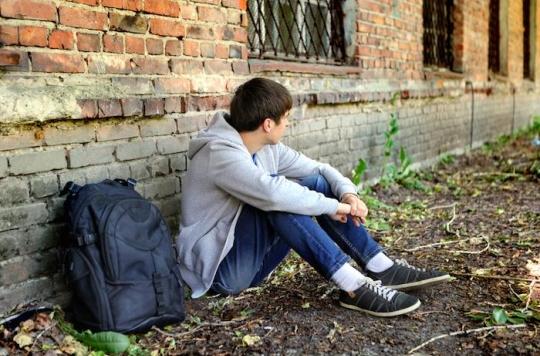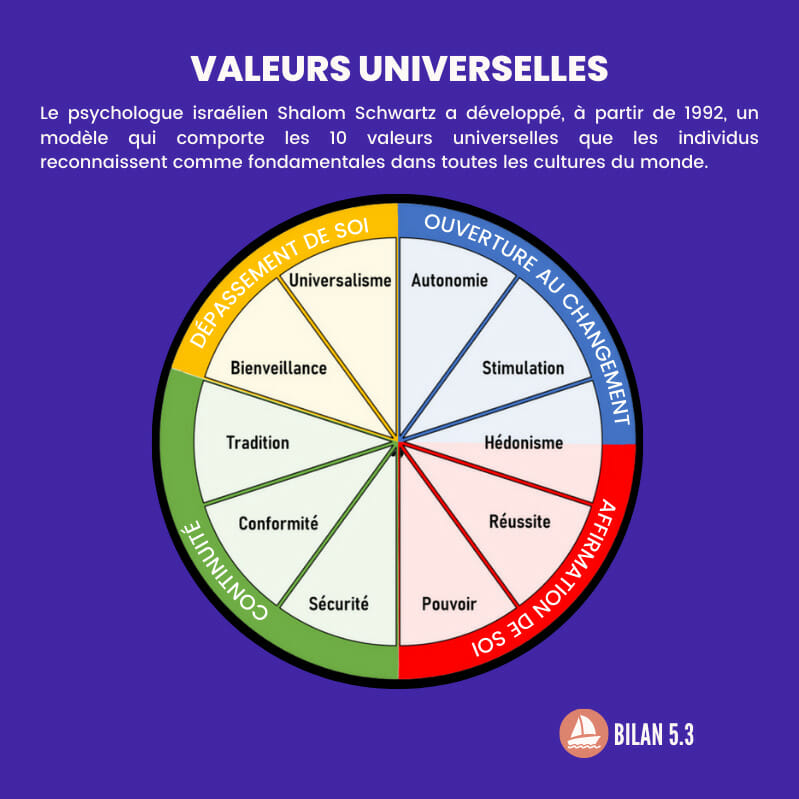The share of precarious workers is increasing among young students, estimates the French Red Cross. These difficulties weigh on their diet and their health.

Nearly 13,000 Parisian students go without four to six meals a week, for financial reasons. That’s more than one meal every other day. In a report on the health of young people, the Red Cross warns of their social and economic difficulties, whether they are students in Paris or elsewhere.
Students over 22, of foreign nationality, from working-class backgrounds, workers or isolated from parents, are the most exposed, estimates the charity.
85 euros per month to live
Once the rent and the bills are paid, they have little money left for food. A few tens of euros per week, sometimes less. In the 700 food distribution points of the Red Cross, more and more people under 25 are coming. They represented 12% of visitors in 2015, and 13% in 2016. And on average, these young people have only 85 euros per month to live.
“We are taught at school to what extent you have to take care of your health, preserve yourself, eat well to increase your life expectancy, do health check-ups to prevent various diseases,” explains Tiphaine, a second year student of nursing school in Bourgogne-Franche-Comté, and whose testimony was collected by the humanitarian organization. I don’t have enough to buy fresh fruits and vegetables, let alone honey when my throat hurts. “
Food aid
The Red Cross offers social grocery stores, which allow these young people in great financial difficulty to eat for 5 to 10 times less than elsewhere. And therefore to eat better, and in a healthier way.
“I was very anemic. The packages allowed me to get back on track, rejoices Tiphaine. The volunteers were very careful to give me food that I liked, fruits, vegetables sometimes even red meat! “. Help to find an important nutritional balance, especially for precarious students who, in addition to being more at risk, consult less.
Know your rights
More than a quarter of students (27%) in fact forgo medical care, often because they do not have a supplement. However, despite their young age, 11% are not or not very satisfied with their state of health. In addition to care, they escape prevention, and are subject to poor oral health, mental disorders and undetected sexually transmitted infections, with a consequent deterioration in general health.
Many could, however, have access to assistance. But they don’t always know it. In 2015, the Youth Assistance Fund (FAJ) nonetheless benefited nearly 91,000 young people aged 18 to 25, for an average sum of 193 euros. Half of that was spent on food, according to Drees.
.















